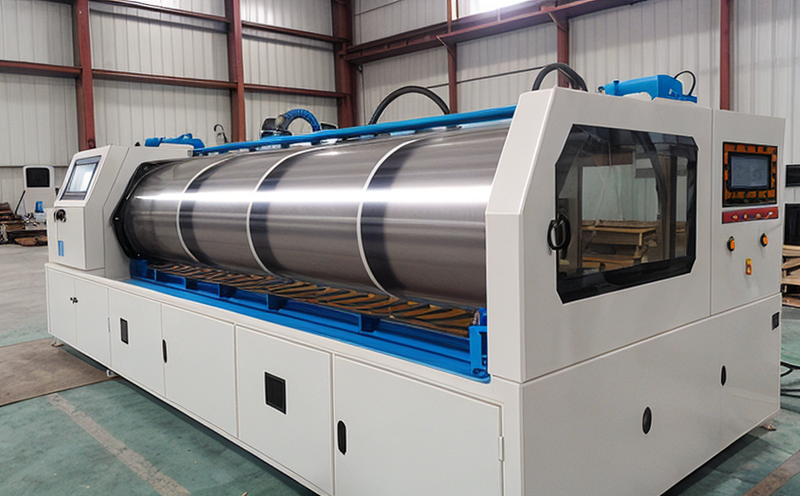Laminated fabrics tensile strength assessment for automotive seats
The integrity of laminated fabrics used in automotive seat applications is paramount to ensure safety, durability, and comfort. This service assesses the tensile properties of these materials, ensuring they meet stringent standards that guarantee reliability under various conditions. Laminates are often composed of multiple layers, each contributing unique properties such as moisture resistance, thermal insulation, or enhanced strength.
The process involves several critical steps: first, the fabrics are cut into uniform specimens representative of their intended use in automotive seats. Specimen preparation is crucial to ensure accurate testing results; therefore, it must follow precise protocols outlined by industry standards. Once prepared, the samples undergo tensile testing using specialized equipment designed to apply controlled forces while measuring how much elongation occurs before failure.
For this particular application, the focus lies on determining the breaking strength and maximum load capacity of the laminated fabrics under defined environmental conditions relevant to automotive interiors—such as temperature fluctuations or exposure to UV radiation. This information is vital for manufacturers who need assurance that their products will perform reliably throughout expected lifespans.
The equipment used in this assessment typically includes universal testing machines capable of applying controlled loads with high precision and repeatability. These machines often come equipped with grips designed specifically for textile samples, ensuring accurate measurements regardless of sample size or shape.
Once the tests are complete, detailed reports summarizing all findings are generated based on specified criteria established by relevant international standards such as ISO 13934-2 and ASTM D5034. These documents provide comprehensive insights into each fabric's performance characteristics, including its tensile strength values along with any other pertinent data collected during the evaluation process.
By leveraging this service, clients can ensure compliance with regulatory requirements while also optimizing product design for improved functionality and longevity within their specific market segments. Whether you're developing new materials or validating existing designs, our expertise in laminated fabrics tensile strength assessment will help maintain consistent quality across all stages of production.
Applied Standards
| Standard Name | Description |
|---|---|
| ISO 13934-2:2015 | Textiles - Determination of tensile properties - Part 2: Tension tester method for small specimens |
| ASTM D5034-18 | Tensile testing of fabrics at right angles to the grain direction using a tension tester |
Benefits
Ensuring proper tensile strength assessment is essential for maintaining product integrity and safety. By accurately evaluating the performance of laminated fabrics used in automotive seat applications, we can help manufacturers:
- Achieve regulatory compliance with established industry standards.
- Optimize material selection to balance cost-effectiveness with quality requirements.
- Enhance product durability and lifespan through informed design decisions.
- Identify potential weaknesses early in the development process, allowing for timely adjustments.
Environmental and Sustainability Contributions
This service not only ensures product quality but also promotes sustainable practices by:
- Reducing waste through efficient specimen preparation techniques.
- Promoting the use of recycled materials when appropriate.
- Minimizing energy consumption during testing processes.
- Educating stakeholders about best practices for sustainable manufacturing.





